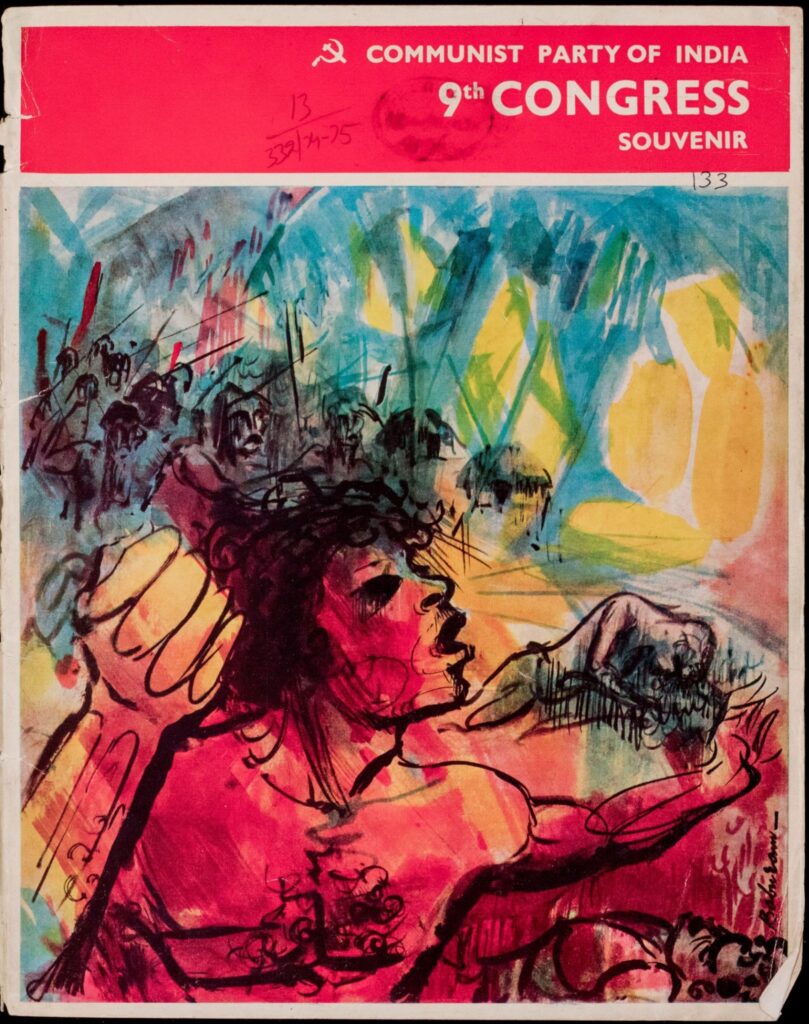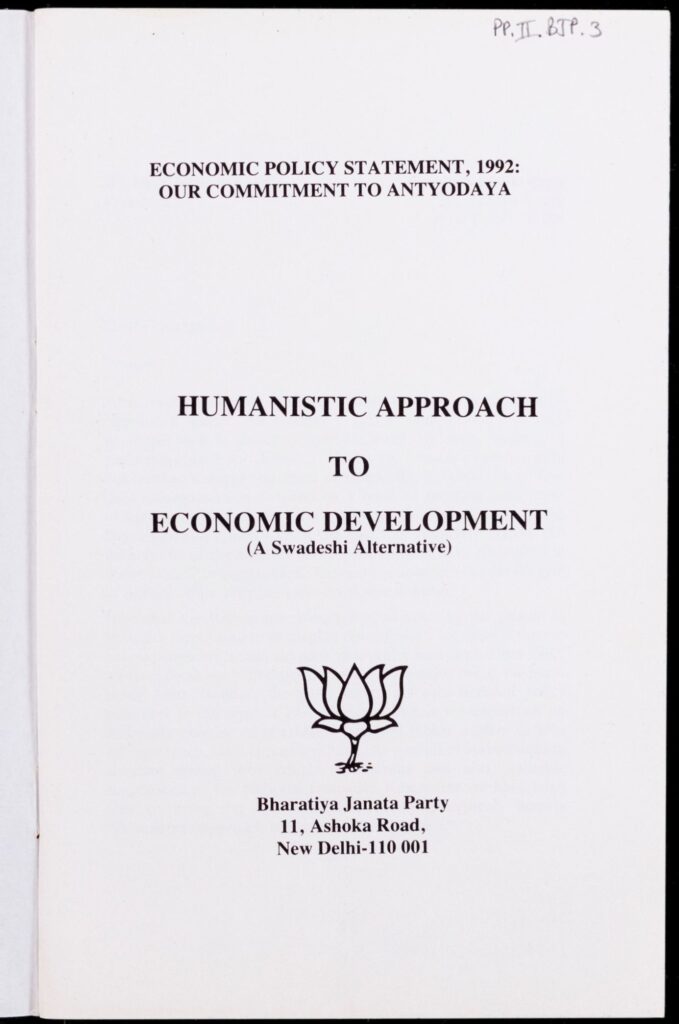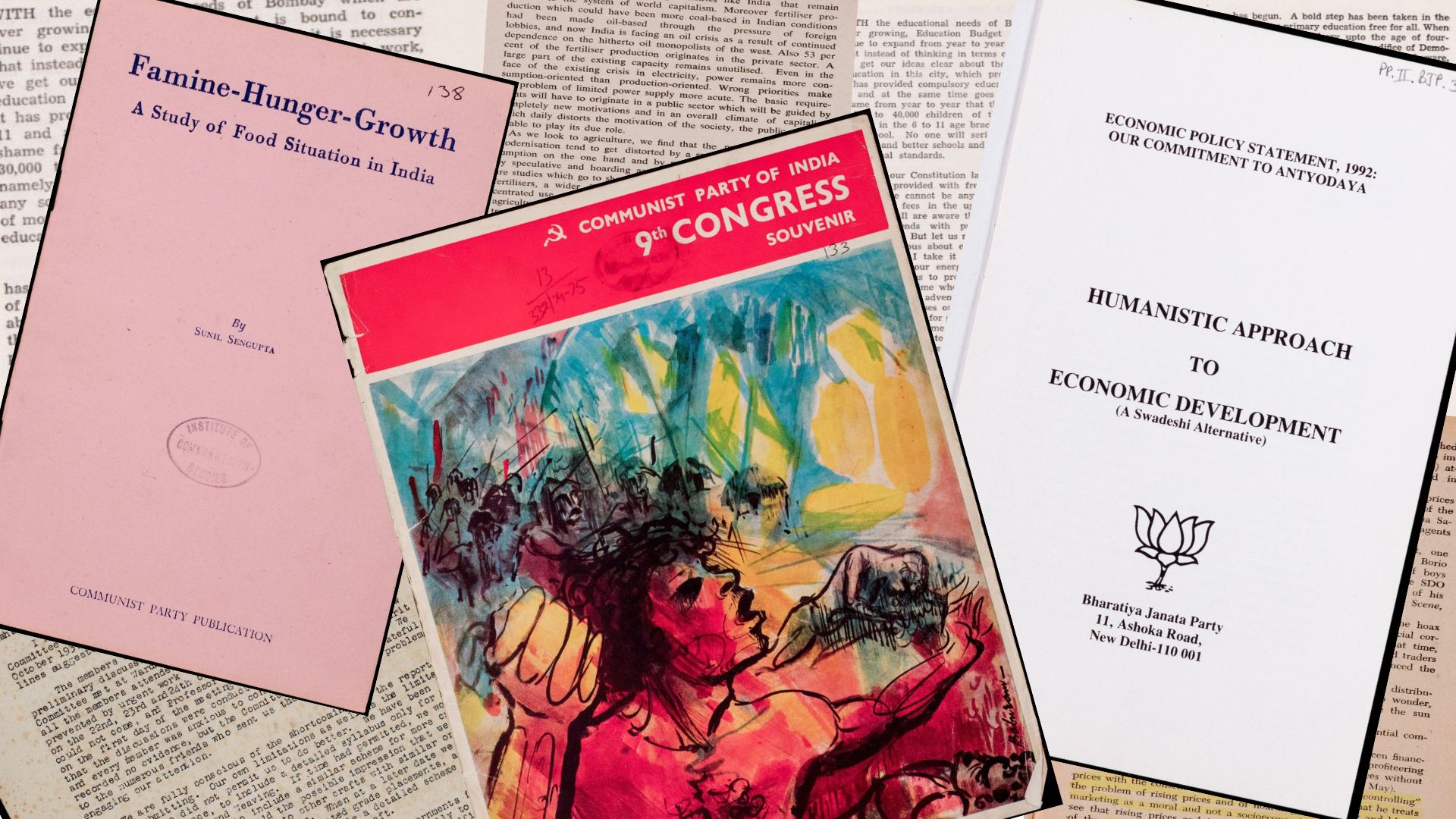│By Aiman Urooj, Gale Ambassador at the University of Delhi│
For scholars deeply studying decolonisation, access to primary sources and uncovering the voices that influenced anti-colonial movements is indispensable.
Archival collections consisting of historical documents like political pamphlets, newsletters, and institutional press releases provide unique insight into the socio-political and intellectual struggles of the independence movement. In that line, Gale Primary Sources’ Decolonization: Politics and Independence in Former Colonial and Commonwealth Territories digital archive proves to be an essential asset for researchers intending to understand the real dynamics of the revolutionary period.
Why do Primary Sources Matter?
The archive’s extensive compilation of locally created sources, documenting the real-life experiences and political ideologies of those personally involved in the decolonisation process were invaluable for my research. These sources reveal the non-Western viewpoints worthy of confronting Eurocentric narratives heavily influenced by traditional academia.
For the students at the University of Delhi, the archival material resonates with the syllabus comprising Gandhi and the Contemporary World, Colonialism and Nationalism in India, Modern Indian Political Thought, Hindu Nationalism, and helps to reclaim agency, identity, and self-determination influenced by local political leaders, activists, labour unions, and grassroots movements.
Post-Independence India
The Decolonization archive includes insights into pre-independence as well as post-independence India. For example, documents like the 9th Congress Souvenir (Communist Party of India, 1971), provide key perspectives into the political dynamics and ideological struggles in post-independent India. This material showcases the importance of party systems, monetary policies, and ideological frameworks.

For a student at Delhi University, it is imperative to have the knowledge of how a party system affects the economic and social policies of the government. The BJP’s 1992 document, Humanistic Approach to Economic Development (A Swadeshi Alternative), illustrates how economic nationalism continued to influence the debates and discussions in Indian politics and economic policies of the country, while highlighting how one can use the archive to study major policy change.

Sources like the Famine-Hunger-Growth: A Study of the Food Situation in India present the self-sufficiency measures that were adopted post-independence in India too.

Legacies of Colonialism and Education
The archive shares first-hand accounts of nation-building, economic development, and political consolidation in post-colonial politics, highlighting the legacies of colonialism in the Global South. Documents like the Wardha Education Committee Report show where progressive current day policies stemmed from, such as the New Education Policy 2020, which includes measures like earn while learn, skill development, and free education until fourteen years of age.

In the same tone, Towards Free Primary Education, advocates for the importance of free primary education as the base of societal awareness and hold importance to education as the best investment garnering future returns.

Giving Voice and Drawing Comparisons
One of the most compelling features of the Decolonization archive is its amplification of marginalised voices in demand for justice and equality through the anti-colonial movements. The archive helped me bring to light the independence narratives that often overlook the contributions of women, indigenous peoples, and ethnic minorities that equally shaped the future of their nations. It possesses vital contributions from trade unions and indigenous political organisations too.
The wide geographical scope of the archive also allows scholars to compare decolonisation strategies across different regions, for example, India’s relatively peaceful transition in 1947 contrasting with the violent independence movements in Kenya or Algeria. Researchers can analyse political discourse, delving into questions like: Why did some countries transition smoothly into democracy, while others faced authoritarianism or one-party rule?
Cross-Disciplinary Relevance and Broad Applications
Sociologists, anthropologists, and cultural historians can also use the archive to learn how decolonisation impacted national identities, cultural movements, and state structures. For example, Real Face of JP’s Total Revolution showcased the anomalies surrounding any social movement.

Delhi University has an undergraduate module named ‘Development Process and Social Movements in Contemporary India’ which would greatly benefit from this archive in order to comprehend the ups and downs any movement had to face.
A Treasure Trove for Research
As scholars emphasise decolonising methodologies and diverse narratives, archives like Decolonization become invaluable. This digital platform is key for accessing the lived experiences of independence fighters and opens new avenues for research inquiry into the post-colonial world.
For me, the archive isn’t just a resource – it’s a bridge to the past, allowing us to know the stories and history of those whose voices have too often been silenced.
If you enjoyed reading about decolonisation and post-colonial policies, then check out these posts:
- Decolonization: Politics and Independence in Former Colonial and Commonwealth Territories
- Unearthing and Decolonising the Rasta Voice
- Discovering New Points of View about European and Colonised Women
Blog cover image citation: Montage of images created from primary sources shared in this blog post.


